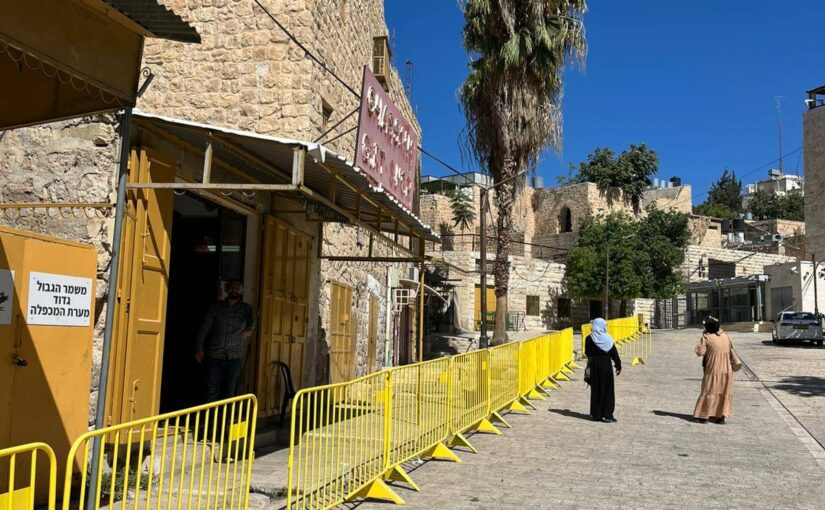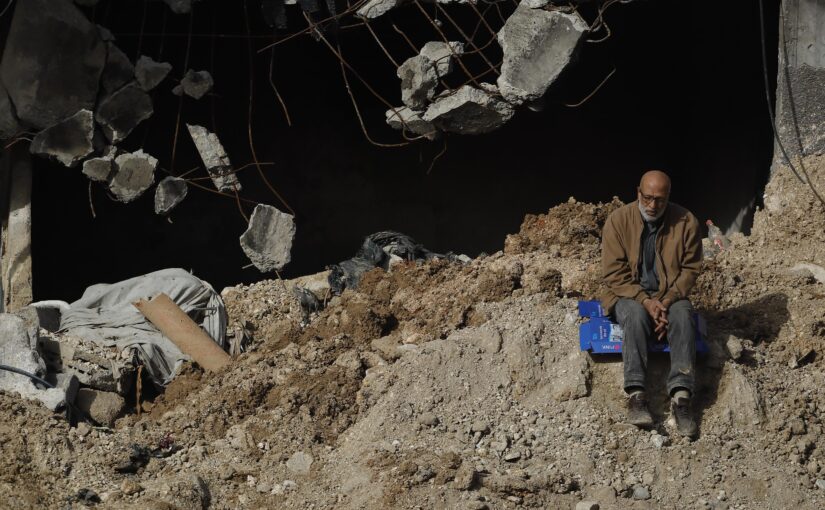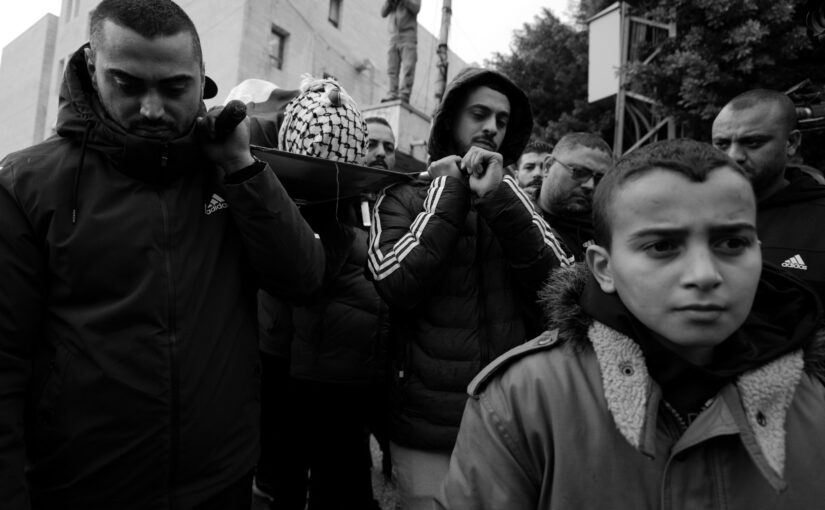-
‘I’m still open’ – against the odds in al Khalil
December 30 – Al Khalil (Hebron) By Birdie This week has been a bad one for al Amal. Soldiers issued new threats to him, a souvenir-shop owner on the main drag in the Old City of Hebron (al Khalil), and his neighbours demanding that they close. And today, the mosque director refused to be searched […]
-
Nine martyrs in Tulkarem: who will hold Israel accountable?
Israel has committed war crimes in Gaza, in the West Bank, in Syria, and in Lebanon. Who will hold them accountable for their crimes? By Diana Khwaelid | December 27, 2024 | Tulkarem, West Bank Nine Palestinian were martyred last week in Tulkarem and neighbouring cities during an Israeli military operation in refugee camps in […]
-
The Crime Scene Repeats
By Diana Khwaelid | December 19, 2024 Six Palestinians were killed in Israeli operations in Tulkarem and Balata camps in less than three hours on the morning of Thursday 19 December. Four Palestinian youths were killed by Israeli forces in Tulkarem camp, in the latest of a string of outrages there. At noon on Thursday […]
Action Alert An Nabi Saleh Apartheid Wall Arrests BDS Bethlehem Bil'in Cast Lead Demonstration Denial of Entry Ethnic Cleansing Farmers Gaza Global Actions Hebron House Demolition International law Israeli Army Jerusalem Live Ammunition Nablus Ni'lin Prisoner Ramallah Rubber-coated steel bullets Settlement Settlers Settler violence Tear-Gas Canister Video



